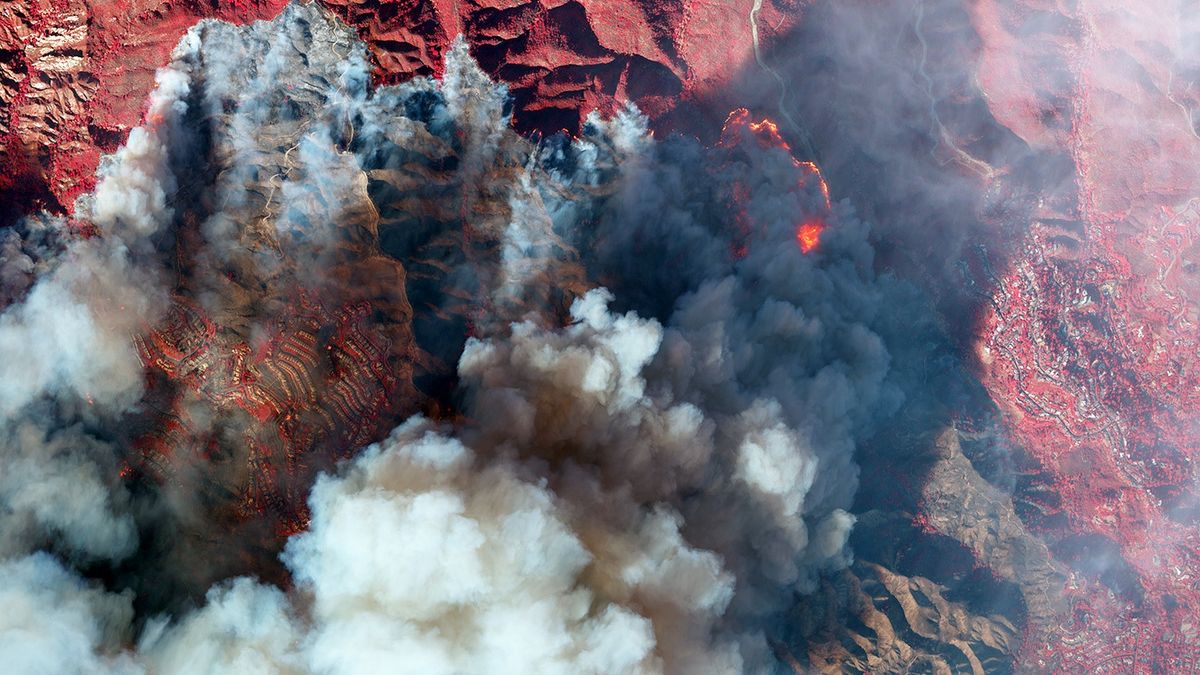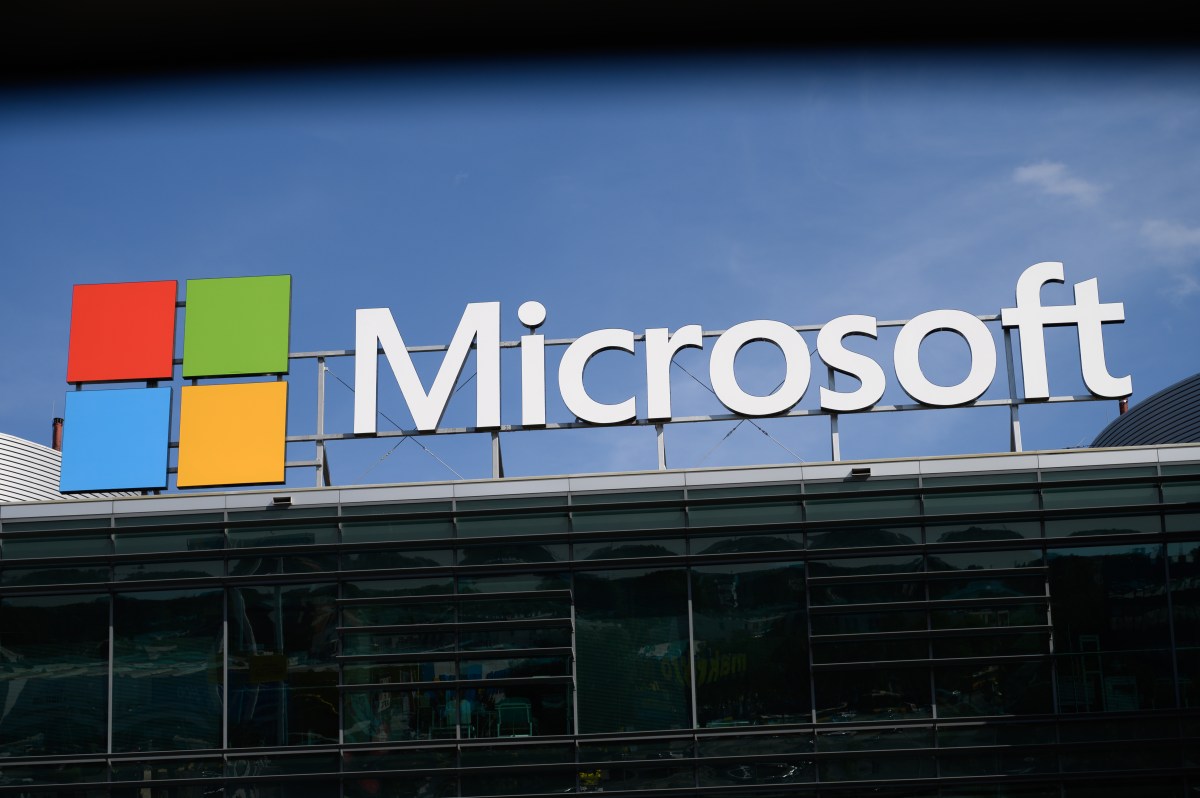The Science Media Centre held a media briefing with Professor Tony Blakely to discuss Phase One of the Royal Commission of Inquiry into Covid-19 Lessons Learned.
Prof Tony Blakely is Chair of Phase One of the Royal Commission of Inquiry into Covid-19 Lessons Learned.
A recording of the briefing and an abridged transcript is available below.
Professor Blakely: “I chair Phase One of the COVID 19 Lessons Learned Royal Commission of Inquiry. My co-commissioner is John Whitehead, previous Secretary of Treasury, and Hekia Parata was with us until about a year ago when she had to resign for personal reasons.
“Tomorrow [28 Nov 2024] we hand over the report to the Ministry of Internal Affairs. The report is a combination of two years of work. We have engaged with 1600 people and 400 different meetings up and down the country, ranging from previous Prime Ministers to health experts to people in business to iwi communities.
“We have also received 13,000 submissions from a range of groups and many, many New Zealand citizens expressing their views on what they thought went well and what did not go well on the pandemic. We have processed 133,000 pages of evidence, both internal evidence from policy institutions researchers in New Zealand, as well as international evidence.
“The result of that is a report about 600 odd pages long. But don’t worry, the summary is 100 pages and very easy to navigate your way through, that will be given to the Minister tomorrow. That report, as well as a summary, has three major parts to it: looking back, lessons going forward, recommendations.
“On the looking back side, it’s important to remember, contrary to what some people may say, is that our terms of reference were broad, and we have been broad. So, when we’ve been looking back at the pandemic experience, we have looked at vaccination, procurement, rollout. We have looked at lockdowns and the Auckland lockdowns in depth. We have looked at Central Government decision making. We have looked at […] social cohesion and trust. We have looked at the way that communities worked with Central Government and communities led the response in a lot of ways. We have looked at the international borders at MIQ. We have looked at regional borders and regional lockdowns. We have looked at the economic and social response, everything from Treasury through to MSD on provision of social support services. And we have particularly looked at how all those things come together, sometimes as mandatory measures rather than as voluntary or encouraged measures. That’s the looking back.
“Looking forwards, we’ve tried to rearrange those into lessons that fall in several domains. And the first domain sounds awfully basic, but it’s really important. It’s looking after people. That matters because people are more than just their health status. They are their health status, their social interactions, their economic functioning, and that’s so important in a pandemic because you need to consider all of those things to be able to formulate and execute a proportionate response that weighs up human rights, health considerations, economic considerations.
“We have looked forward at the lessons at how you make good decisions, the types of advice you receive coming in the advisory structures, how your government should call out a ‘plug and play’ model to respond to a future pandemic.
“We’ve also looked in that decision making space about how pandemics are just one type of emergency a country might face: earthquakes, flooding, tsunamis, pandemics, cybersecurity, biosecurity. These have some common elements, so we’ve been very careful to make sure that our recommendations sit in a space that can manage multiple risks, including pandemics.
“Our lessons looking forward, we have looked at the resilience of the health system – both on its public health response, contact tracing, that sort of thing – and on keeping business-as-usual going: making sure people still get their screening, still get their usual gear. We have looked at resilience in the economic and social space. We have looked at how one works together, because it’s no secret: New Zealand did really well. But, if you’re going to be working together in a future pandemic or other emergency response, you need to keep those relationships warm, be that through pandemic response practice days through to the way that you do consult, contracting or commissioning of providers. And we have looked at some of the foundational aspects, the capacity that you need. Everything from logistics chains and how one keeps an eye on that and make sure that New Zealand is not too isolated down the bottom of the world through to how do we decide what buildings to ventilate? What’s the most cost-effective option?
“Which leads me on to the recommendations. There are 39 recommendations that cover the similar types of domains. Again, just a high level, the sort of all-of-government structures that you need to respond to a pandemic and how they synchronise and work well with other emergency types of response, the type of planning that you need to do at an all-of-government level that intersects with the health pandemic plan as well as plans in each of the major social government agencies that they need as well. There’s an ecosystem of planning that’s required there. Recommendations about strengthening the health response and the resilience, similar to the lessons I mentioned before. And recommendations in the economic and social space. So, for example, how do Treasury and the Reserve Bank coordinate without crossing that line of independence? Those types of topics all the way through to: how do we ensure that we’re able to stand up a wage subsidy scheme rapidly in the next emergency, which may be a pandemic?
“And we look at recommendations and enablers, restoring social trust, maintaining government institutions. And finally, the last recommendation is about implementing the Phase One report recommendations, because the other 38 recommendations are all imminently doable. There is no need to wait for a Phase Two Inquiry report. There is no need to wait to see what other countries are doing. They’re doing similar stuff to us. The lessons are somewhat similar across countries, with some unique advantages that Aotearoa New Zealand has because of geographic distance and giving us different response options.
“We are not powerless. The next pandemic? Sure, we don’t know when it’s going to be, and we don’t know what it’s going to be, but we can plan for scenarios. That is such a key word: scenarios, scenario thinking, planning, modeling to underpin your investment and preparation, as well as your response in the next pandemic. So, we do need those people in the back-office rooms within health and other agencies doing this type of planning to be optimally ready for the next pandemic, and [in] very much the same way that a business would be considering its risks and investing appropriately and planning for, preparing for, and being able to manage those risks should they occur.”








Leave a Comment